7 foods to help you sleep
If you have trouble dropping off, or staying asleep, changing what's on the menu might just help. We reveal the foods that could help you sleep better.

If you have trouble dropping off, or staying asleep, changing what's on the menu might just help. We reveal the foods that could help you sleep better.

"How do people go to sleep? I’m afraid I’ve lost the knack. I might try busting myself smartly over the temple with the night light,’" proclaimed poet Dorothy Parker in a rather drastic, but altogether understandable response to sleeplessness.
Anyone who has experienced insomnia will empathise.
Unfortunately, it’s a problem that can worsen with age. Between 40% and 70% of older adults have chronic sleep problems according to research by the Yale School of Medicine. A third of people aged over 55 say they get fewer than six hours’ sleep a night.
There are plenty of sleep gadgets designed to help us sleep, but a new study in the Journal of Nutrition suggests what we eat during the day is more crucial to sleep than we realise.
So before you resort to self-inflicted concussion with the nearest Anglepoise, here is a list of foods proven to aid a good night’s sleep. It might just surprise you…
Magnesium has become popular in recent months as a supplement to help with sleep. It's an important mineral in the body for a whole range of things, including mood and the heart and circulation, as well as sleep.
Whilst you can buy magnesium supplements, you should be able to get all the magnesium you need from a healthy balanced diet. Seeds are among the best sources, especially flaxseed, sesame seeds, chia seeds and pumpkin seeds. Almonds, cashew nuts and Brazil nuts are also high in magnesium. Other sources include green leafy veg such as spinach; wholegrains like whole wheat, barley and brown rice; and dark chocolate.
Whether it’s sourdough bread, kefir, yogurt, kimchi, sauerkraut or cheese, fermented products contain an amino acid called GABA (gamma-aminobutyric acid), a neurotransmitter which is thought to have several benefits in the body, including supporting feelings of a calm.
"Many of the most common sleep medications are based on activation of GABA receptors in the brain," says Dr Jess Braid. What's more, fermented foods are well-known for supporting gut health - so you'll get double the benefits.
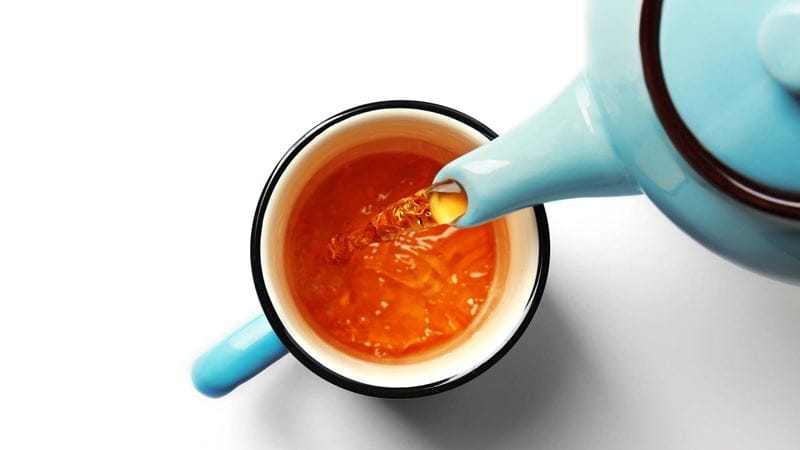
Tea in the evening might seem counterintuitive, but one of its components, amino acid L-theanine, has been shown to have a relaxing effect.
"200mg of L-theanine may help people sleep better, as it reduces their reaction to the stress response and helps to lower blood pressure," says says Dr Greg Potter, chief science officer at Resilient Nutrition.
It aids sleep by lowering excitatory brain chemicals and increasing levels of calming ones, including serotonin and dopamine. It's found in green, black and matcha teas, with higher levels the stronger the tea is brewed. Caffeine in tea can affect your sleep, so it’s best to go for decaffeinated versions before bed.
Whilst it depends on the tea and how strong you make it, you'll likely need six to nine cups to reach 200mg, so if you’re worried about your bladder, you could take a L-theanine supplement instead.
A study by Dr Marie-Pierre St-Onge at Columbia University in the US shows fibre can improve sleep.
"When volunteers ate less fibre, they took 12 minutes longer to fall asleep. They also had 15% less slow wave sleep, which is the deep restorative stage in which cells are regenerated," she says.
"Higher legume consumption, particularly lentils, chickpeas and broad beans, is associated with the best sleep. It’s most likely due to fibre’s ability to keep blood sugar stable, causing fewer spikes. Wholegrains, particularly oats, buckwheat and rye bread are also beneficial."
Baked beans on toast takes you halfway to the recommended daily amount of 30g.
This fuzzy little fruit is a powerhouse of sleep-promoting ingredients. In a small study by Taipei University in Taiwan, subjects with sleep problems ate two kiwi fruits every evening for four weeks. The time it took participants to nod off reduced by 35%, periods of wakefulness reduced by 29%, and time asleep increased by 13%.
An equally small study of elite athletes found that eating kiwi fruit improved their sleep quality, as well as their recovery from exercise.
One reason might be the fruit’s high antioxidant levels. Kiwis also contain serotonin, which helps regulate sleep.
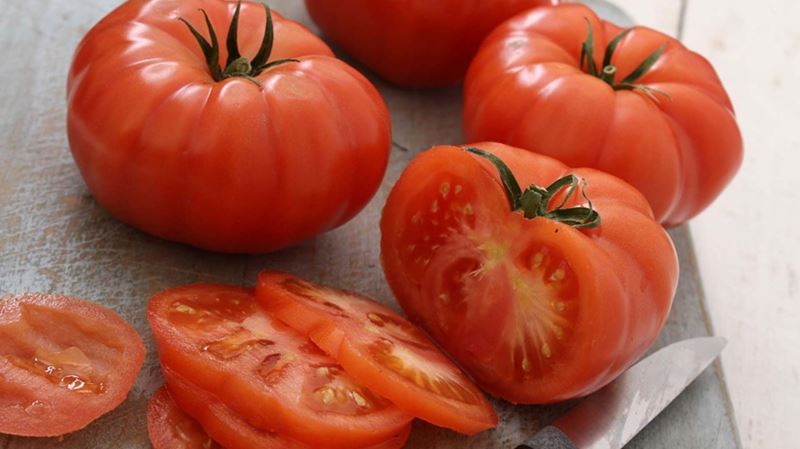
In a study from Taipei Medical University, a small group of post-menopausal women were given 250g of beefsteak tomatoes two hours before bed for eight weeks; they slept longer and their sleep quality improved.
"The melatonin in tomatoes – and the study found the beefsteak has the highest concentration – is probably one of the factors at play," says Dr Potter.
You can also try cooking tomatoes to boost their healthy properties. Cooking them You can also try cooking tomatoes to boost their healthy properties. Cooking them helps to release more lycopene, the potent antioxidant compound that makes them so healthy.
Lycopene can also aid with sleep, with one study showing that it improved how long people sleep.
If you wake up several times a night, try sour cherry juice an hour before bed. In a small 2018 study by Louisiana State University, volunteers over 50 were given 240ml of Montmorency cherry juice (a type of sour cherry juice) twice a day for two weeks, and increased their sleep time by 84 minutes. This was a very small number of volunteers, though, so don't get too excited.
It is true that sour cherries in particular contain high levels of sleep-promoting melatonin. Cherries are also packed with tryptophan, which helps produce melatonin.
Studies have shown a diet high in simple carbs and sugar causes blood sugar to spike, creating sleep problems.
"The closer to bedtime you eat sugar, the more disruptive to sleep," says Dr St-Onge.
"Sugar causes micro-awakenings, which people might not even realise they’re having, but their sleep will not be as beneficial as they spend less continuous time in the deep restorative stage."
When you eat is as important as what you eat. "It can help to eat within a 12-hour window, from breakfast to your last meal, because our systems evolved to consume in daylight hours," says sleep expert and author of book Sleep Sense, Dr Kat Lederle.
"Our digestion shuts down in the evening, so if you eat something late at night, you disturb the natural rhythm of insulin and hormone production, which can make sleeping problematic."
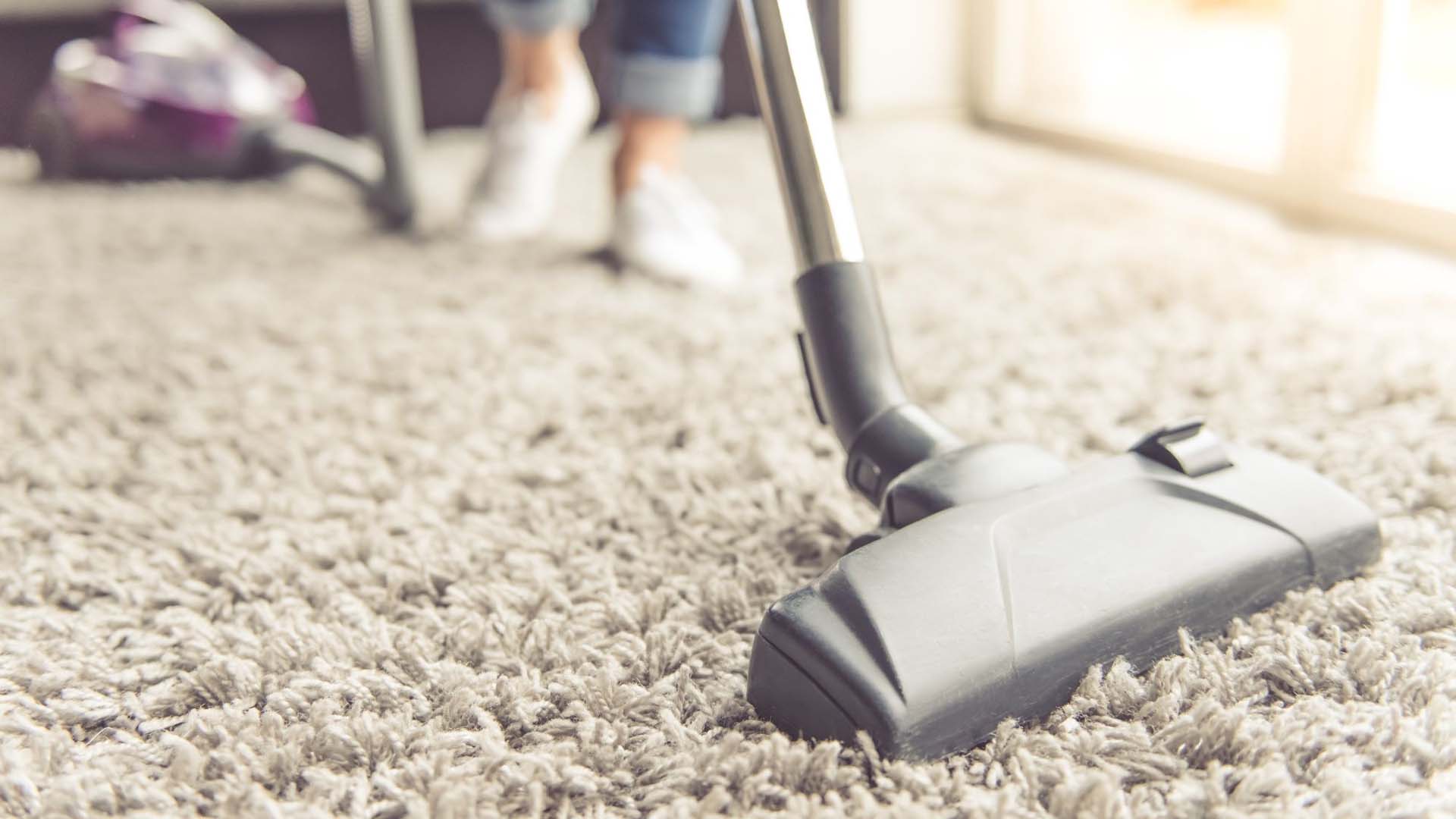
Learn how to avoid the most common vacuuming mistakes to ensure that your floors are spotless and free from allergens.
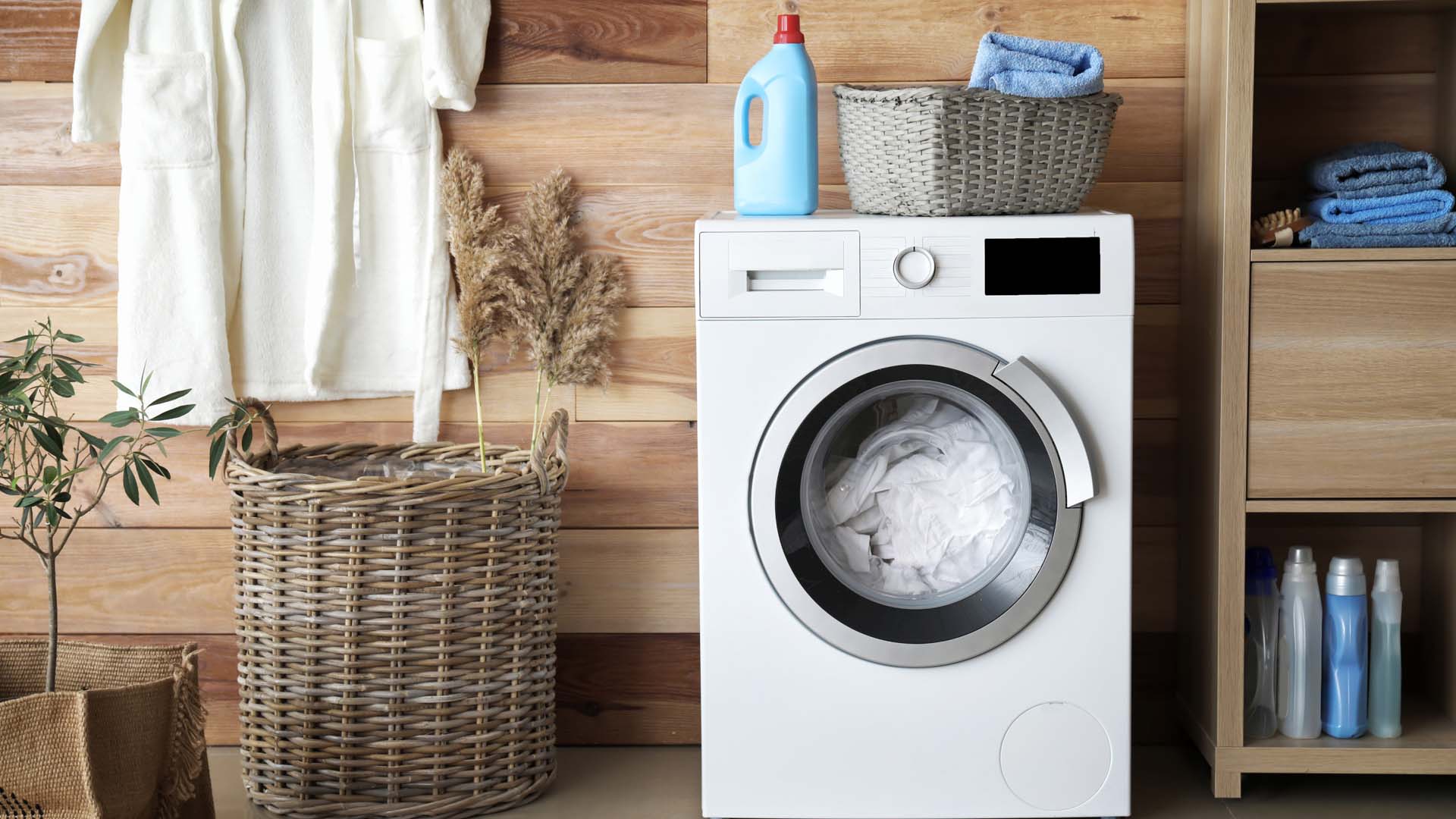
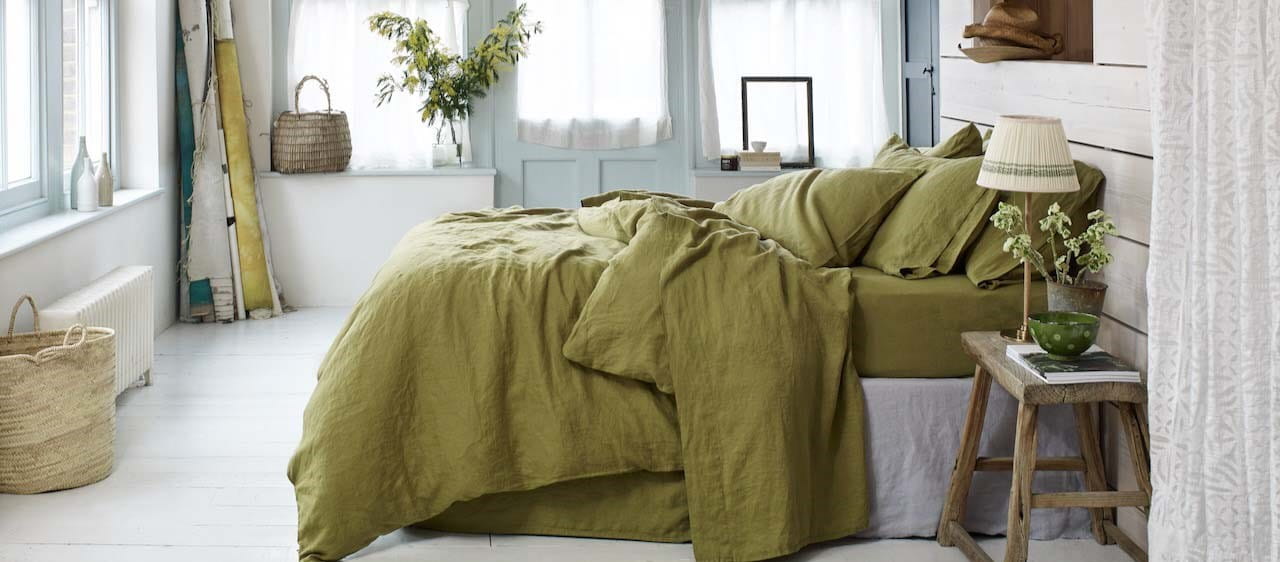

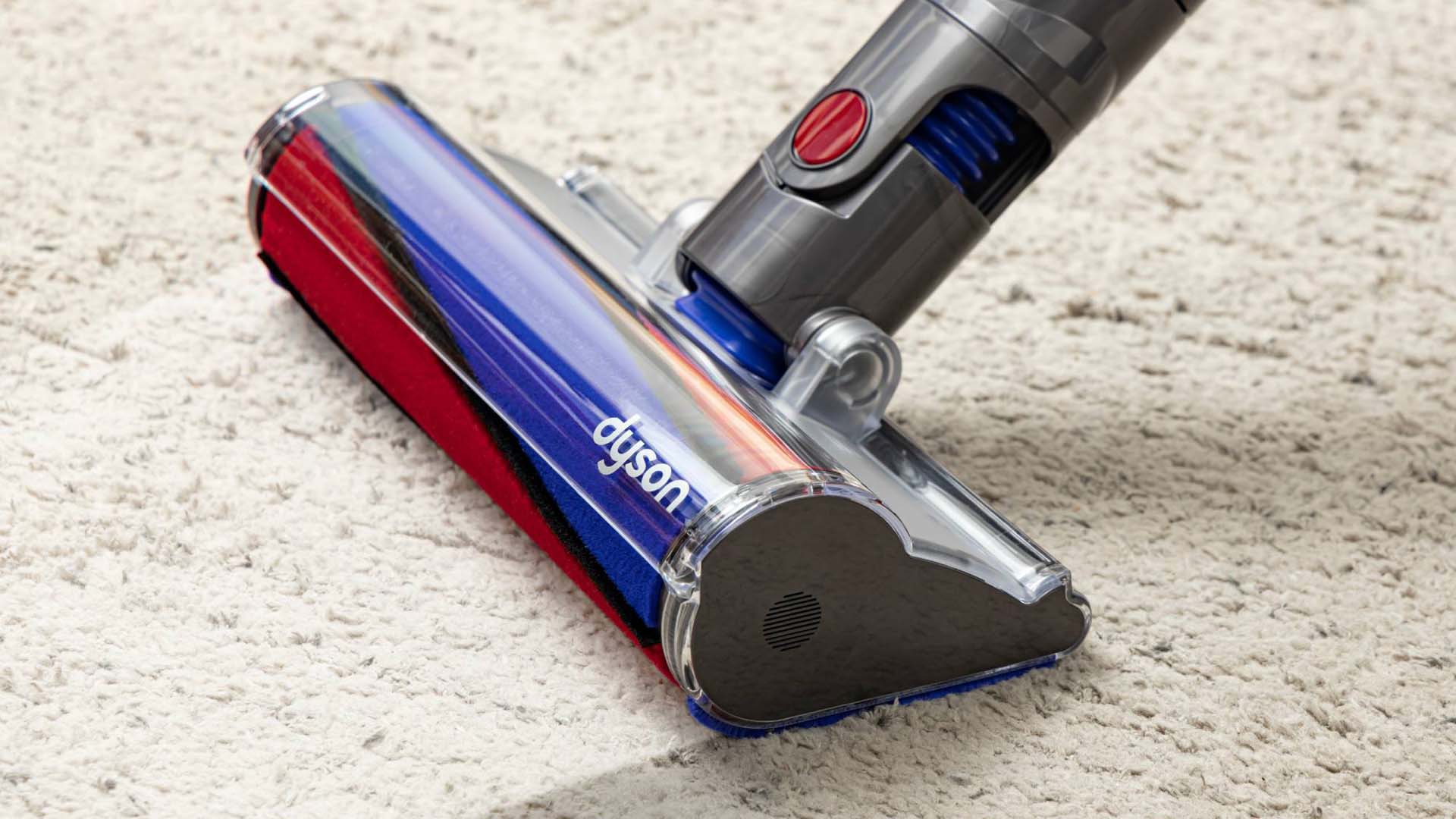

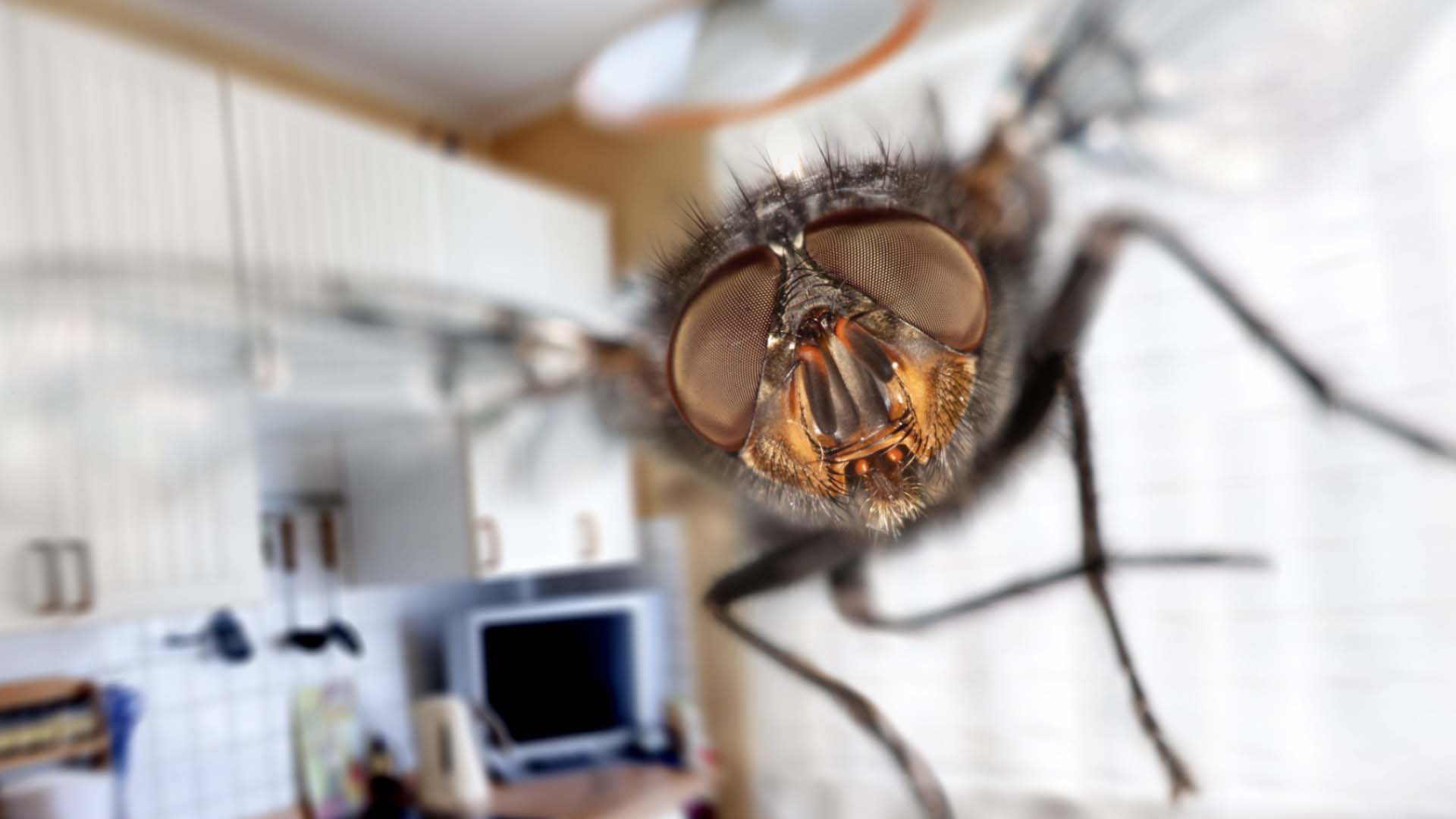
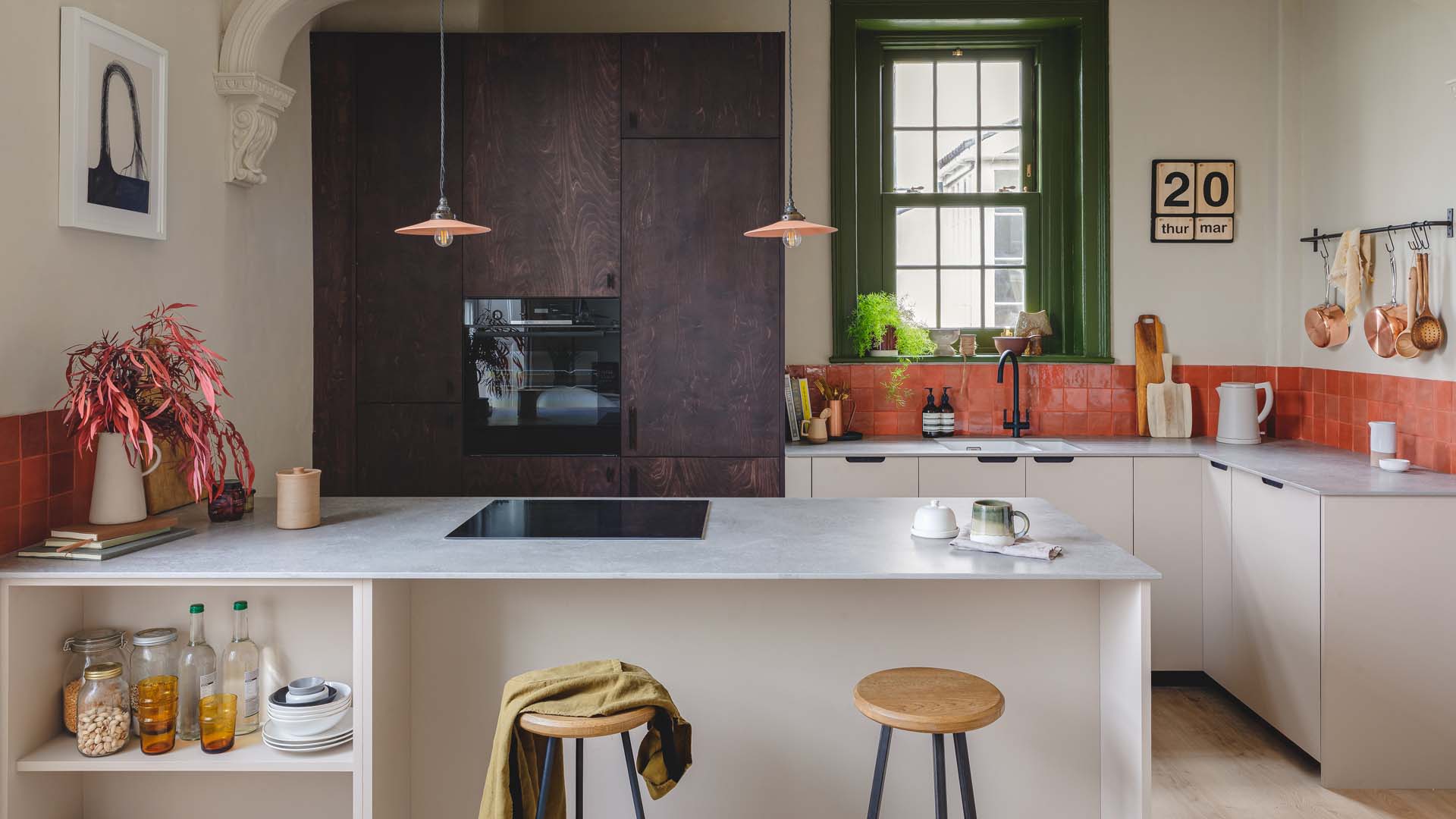

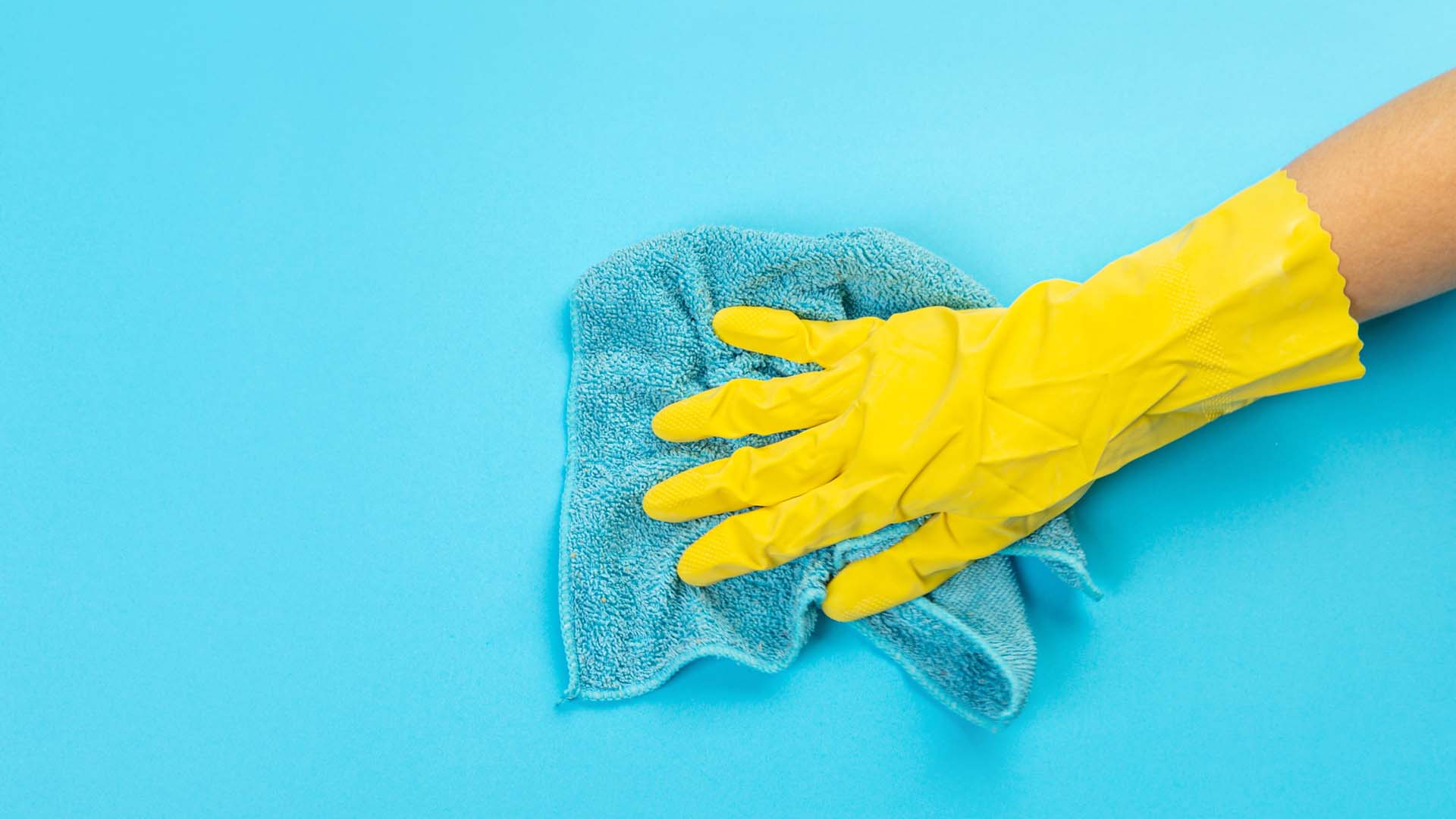
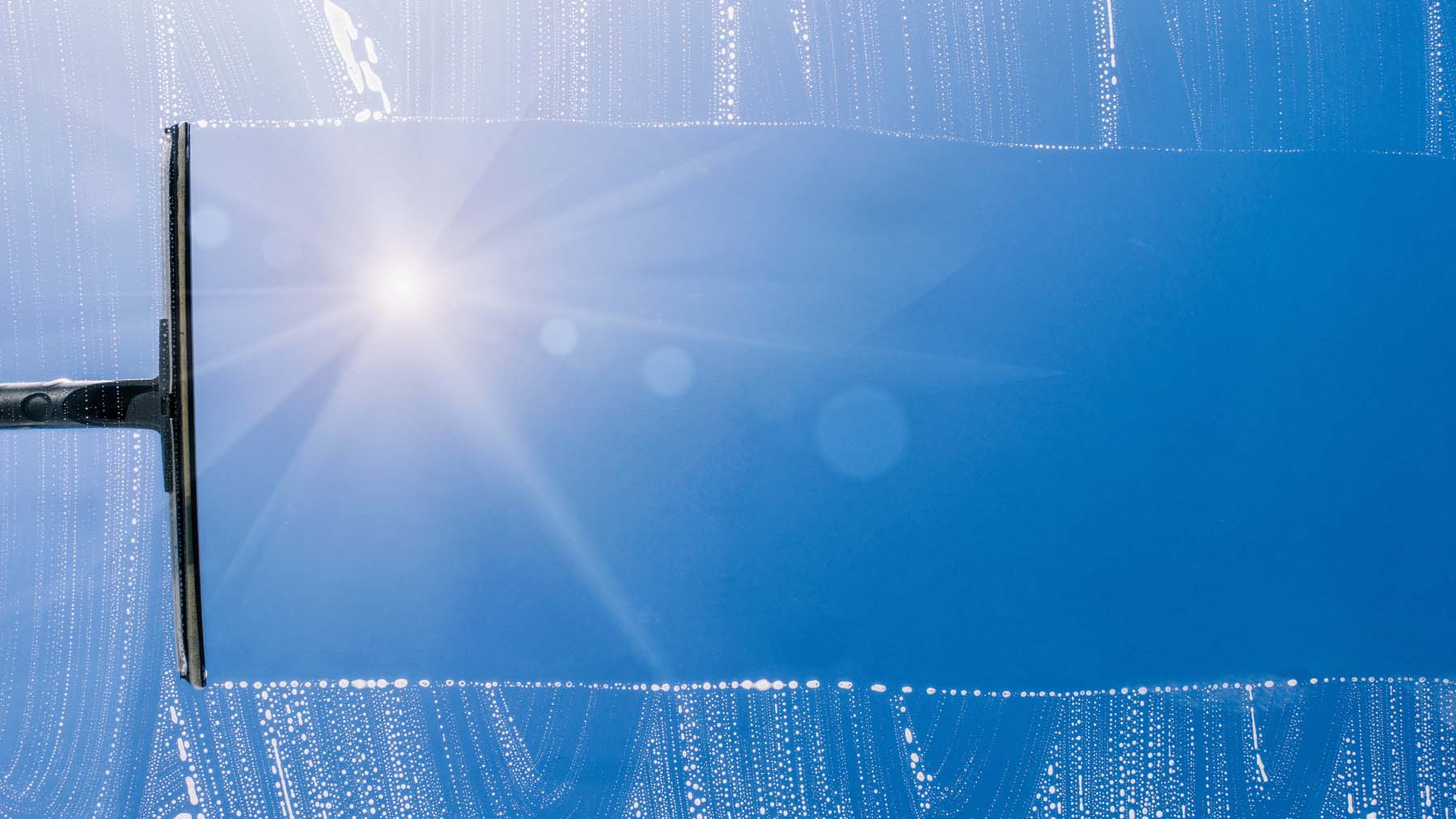
Create the perfect vista with our window cleaning tips.
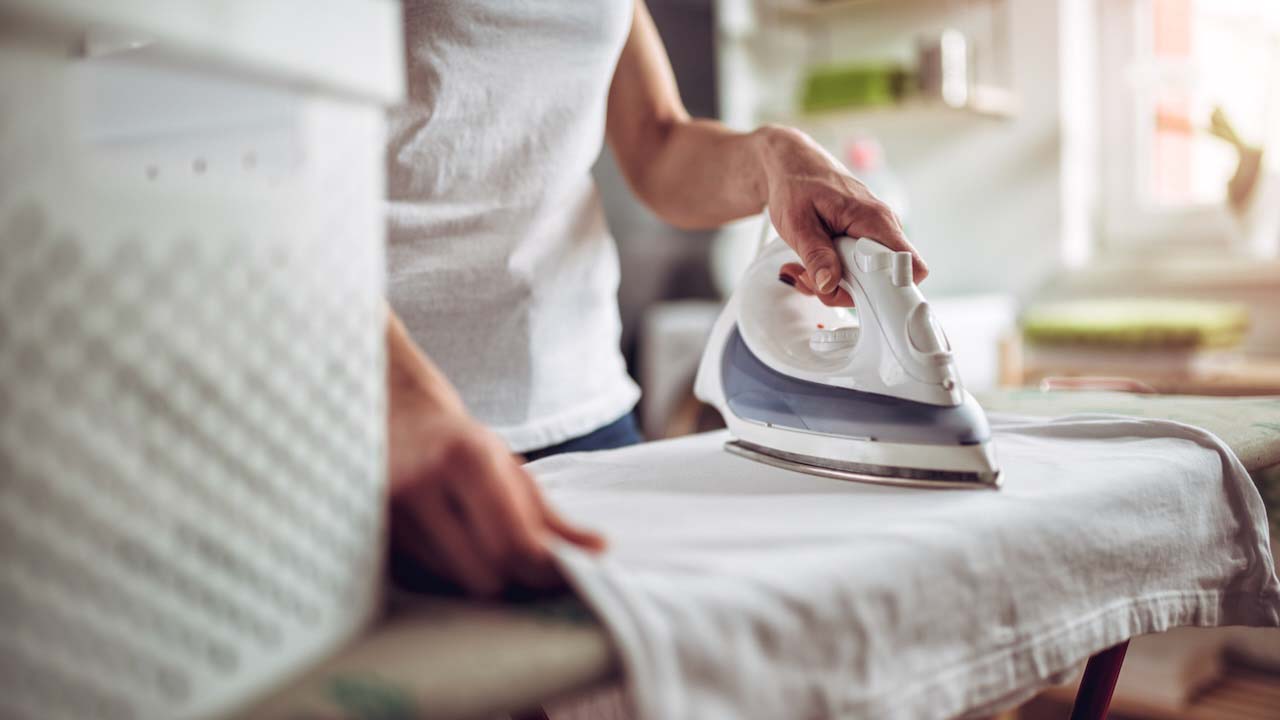
Because a scale-filled iron can ruin your clothes.